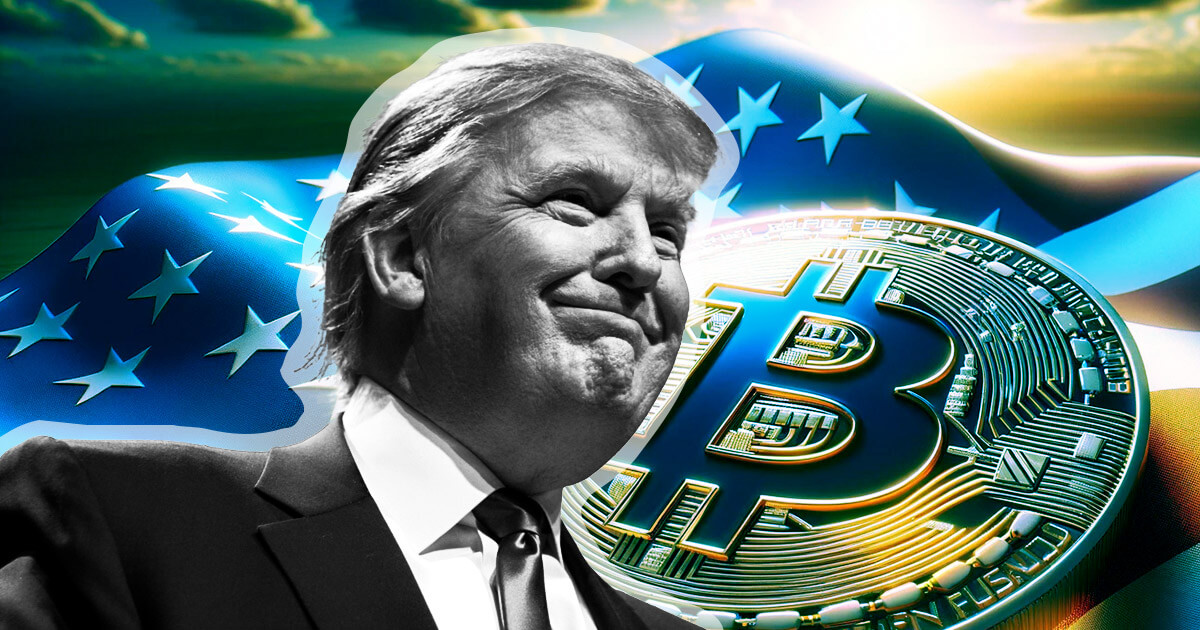As the 2024 U.S. Presidential election approaches, the crypto industry is closely monitoring the potential outcomes of a Donald Trump victory. The former president’s stance on cryptocurrencies, particularly Bitcoin, has evolved, and his possible re-election could have significant implications for the market.
Trump and Bitcoin: A Policy Overview
During his previous tenure, Donald Trump’s administration exhibited a somewhat skeptical view of cryptocurrencies. However, recent developments suggest a shift, as Trump has started to embrace the potential of Bitcoin and other digital currencies. His campaign for the 2024 election has notably begun accepting donations in Bitcoin and other cryptocurrencies, marking a significant step in crypto adoption within political fundraising.
Market Predictions and Economic Implications
Experts suggest that a second Trump presidency could influence the U.S. fiscal landscape and thereby affect Bitcoin’s attractiveness as an investment. Standard Chartered’s research suggests that growing U.S. fiscal dominance—characterized by increased government debt monetization—could boost the appeal of cryptocurrencies as alternative assets. This scenario posits Bitcoin as a viable hedge against potential de-dollarization and declining confidence in the U.S. Treasury market.
Potential Regulatory Shifts
The regulatory environment under a Trump administration could either tighten or loosen, depending on the economic priorities and fiscal policies adopted. During his previous administration, there was significant scrutiny of crypto regulations. A return to office might continue this trend, or alternatively, Trump could leverage cryptocurrency as a tool for economic innovation and global finance competitiveness.
The potential re-election of Donald Trump in 2024 presents both opportunities and challenges for Bitcoin and the broader cryptocurrency market. While his administration may encourage the growth of digital assets through supportive fiscal policies, regulatory uncertainties could pose risks. Investors and market participants would need to stay informed and adapt to the evolving political landscape that shapes the regulatory and economic framework of cryptocurrencies.



















Add Comment